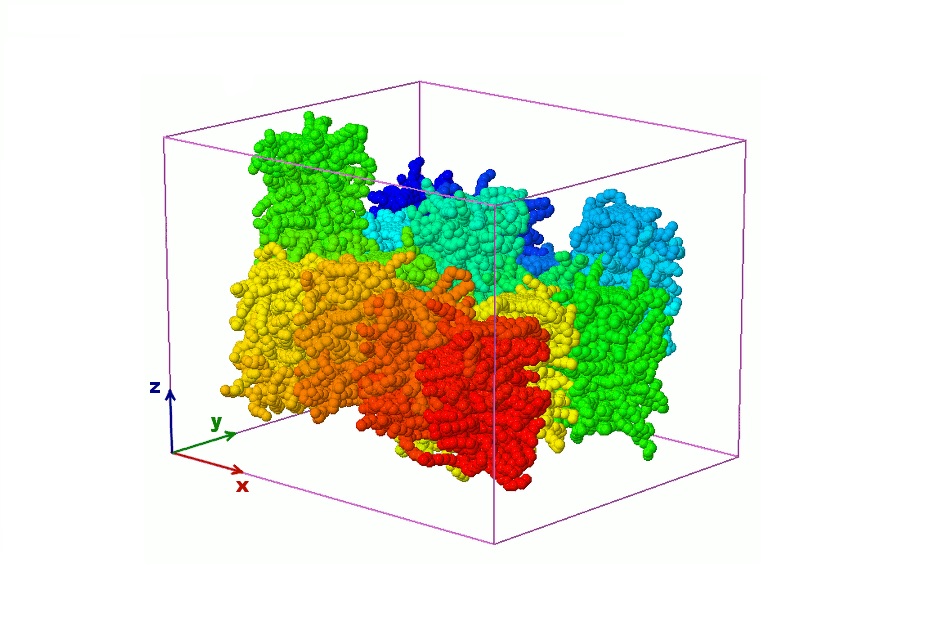
Doros Theodorou, Professor of Chemical Engineering at the National Technical University of Athens, will present the John M. Prausnitz AIChE Institute Lecture on November 16, 2016.
The Executive Board of the Program Committee invites a distinguished member of AIChE to present a comprehensive authoritative review of the chemical engineering science in his or her field of specialization. Selection criteria include:
1. the quality and relevance of the accomplishments of the lecturer in the technical field likely to be the subject of the lecture,
2. the communication skills of the lecturer,
3. the value of the lecture to the meeting attendees and the members of the Institute
To honor Dr. John M. Prausnitz of the University of California, Berkeley's exceptional impact on the profession, society, and generations of chemical engineering students, AIChE’s Board of Directors has agreed to rename the Institute Lecture to the John M. Prausnitz AIChE Institute Lecture. The AIChE Foundation gratefully acknowledges the generosity of John’s closest peers who have made lead gifts to establish an endowment to support the Lecture and ensure John’s name will be recognized in perpetuity.
This is the 68th AIChE Institute Lecture.
Dr. Theodorou's lecture "Molecular Modeling of Materials: A Chemical Engineer's Perspective" will discuss examples of molecular modeling of polymeric and nanostructured materials that are relevant to the automotive and microelectronics industries.
Molecular Modeling of Materials: A Chemical Engineer's Perspective
Doros Theodorou, Professor of Chemical Engineering at the National Technical University of Athens
Since the 1950’s John Prausnitz has brought into Chemical Engineering key concepts and methods of physical chemistry, enabling the prediction of thermodynamic properties and phase equilibria in a wide variety of multicomponent mixtures. His work has had tremendous impact on industrial process and product design. Inspired by his contributions, molecular-based approaches for understanding and tailoring structure-property-processing relations in materials, based on the fundamental principles of quantum and statistical mechanics, have gained ground in chemical engineering research and practice. They have been greatly aided by an unprecedented growth in computer power, but also by new, efficient methods and algorithms, in whose development chemical engineers have played a pivotal role. The broad length and time scales governing structure and dynamics in real-life materials have demanded the advancement of multiscale modeling strategies, involving more than one levels of representation, to bridge atomistic constitution and interactions with macroscopic properties. This is very much in line with the synthetic, problem-oriented thinking of chemical engineers.
In this talk we will discuss examples of molecular modeling of polymeric and nanostructured materials that are relevant to the automotive and microelectronics industries: how can we push the frontiers of predictability by appropriate design of multiscale theoretical and simulation approaches and what can we learn about processing and end-use properties?


